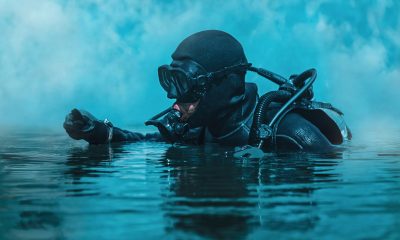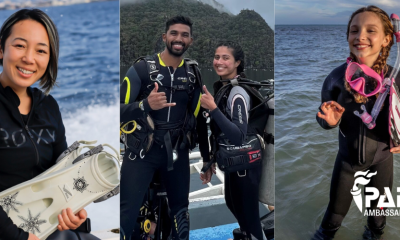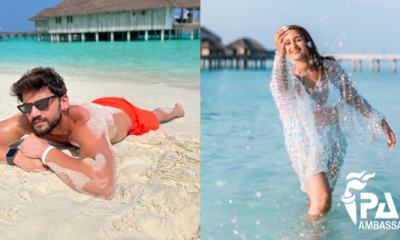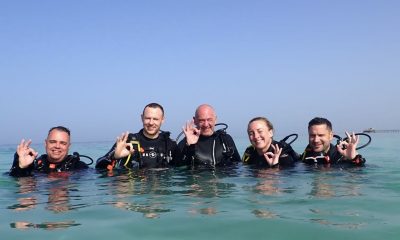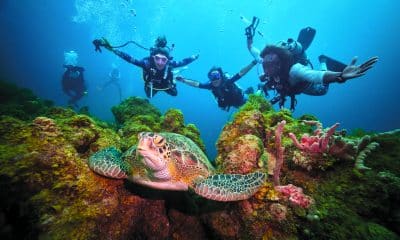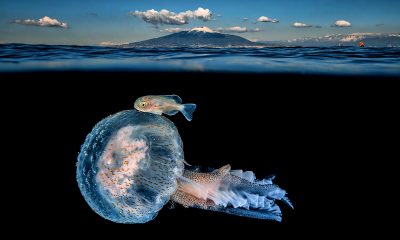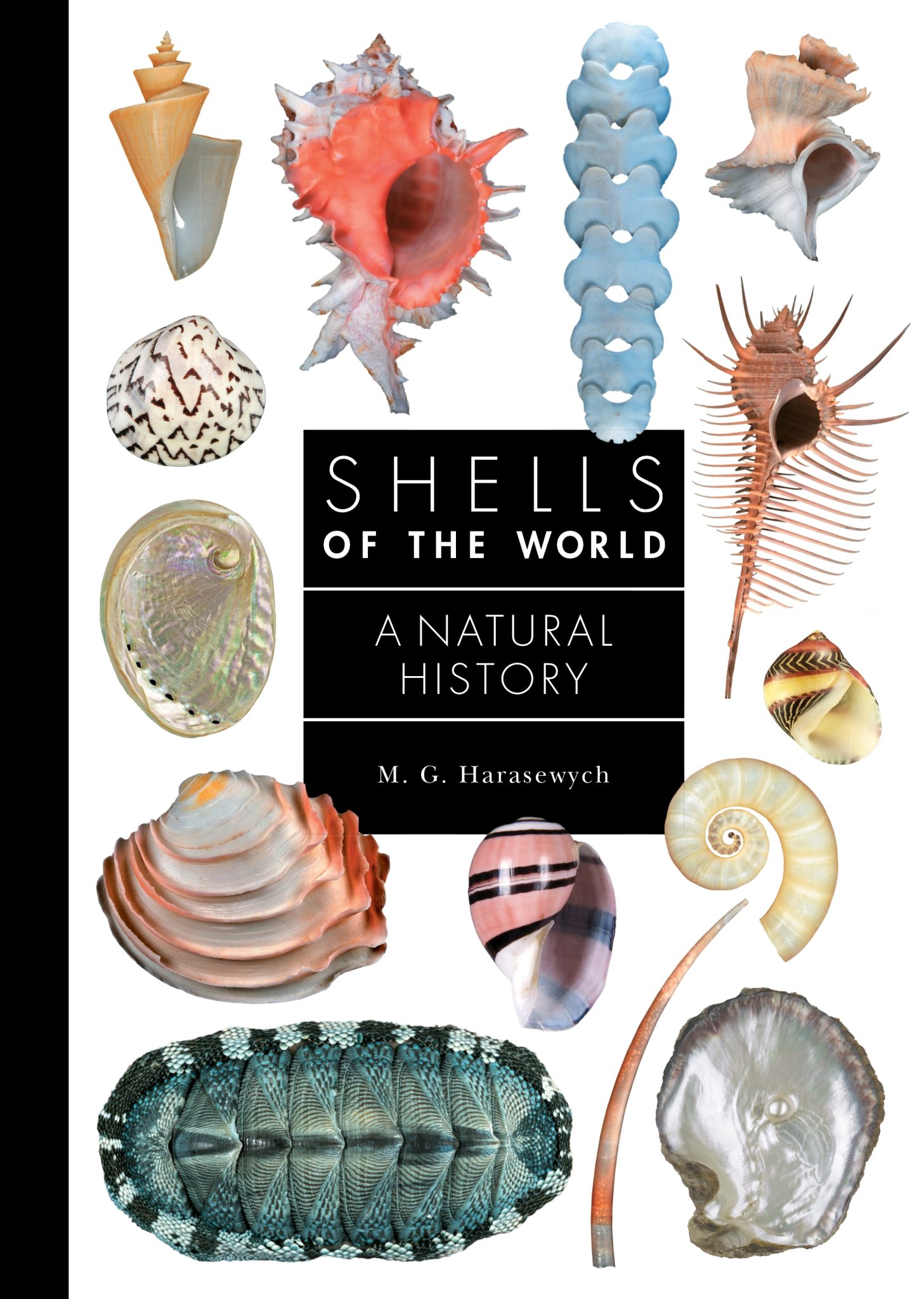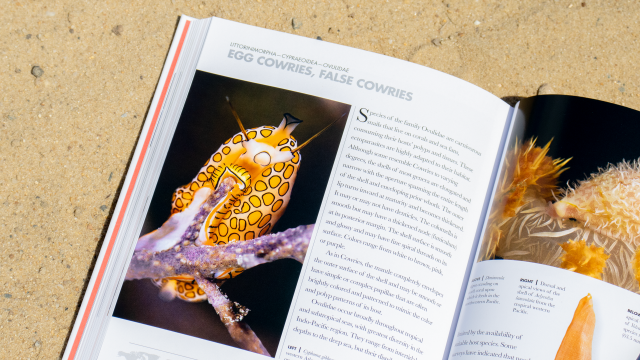News
PADI Teams Up with Wellness Brand Neuro to Drive Ocean Change and Create a Blue State of Mind
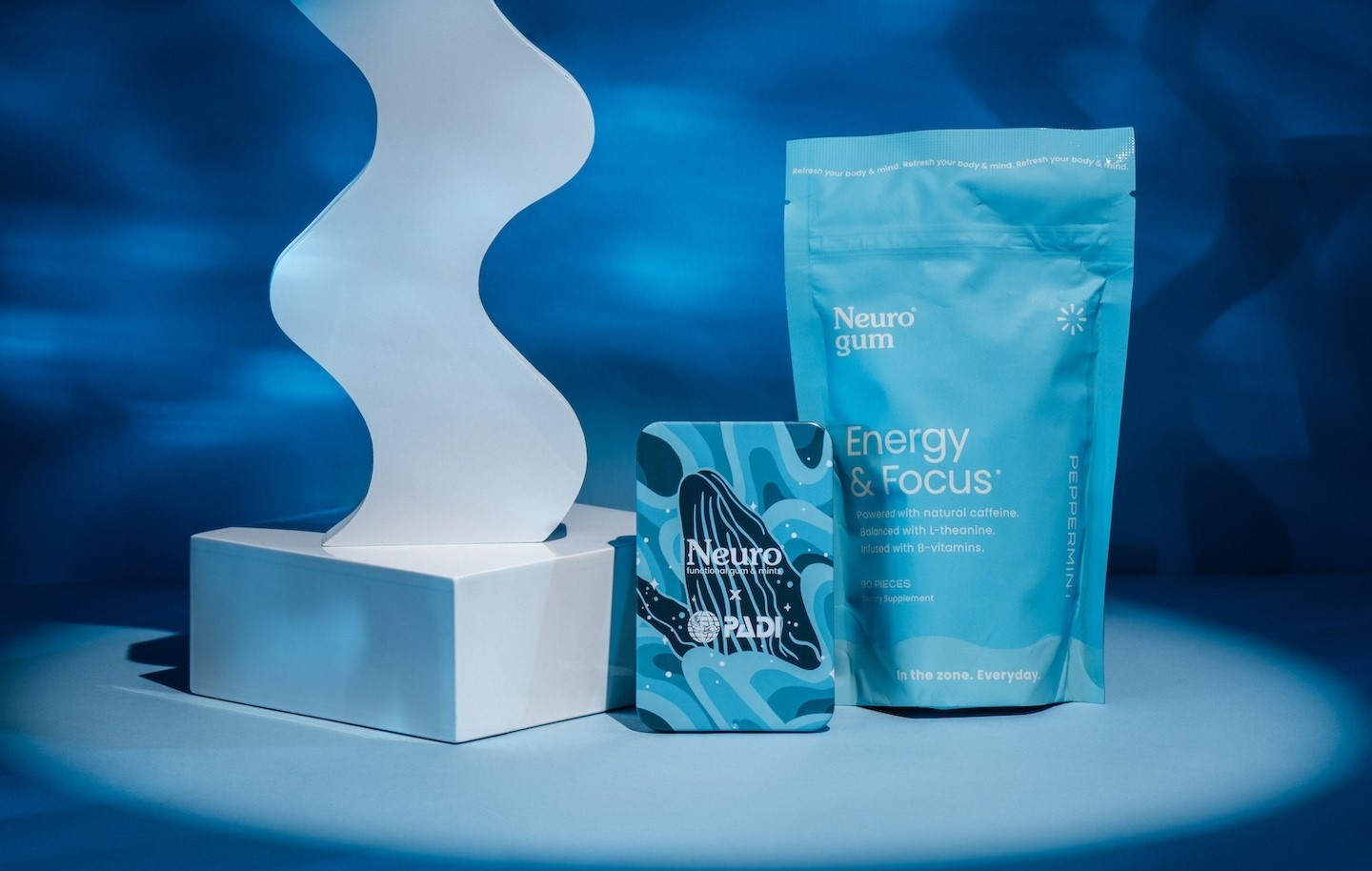
Together launching a whale-inspired limited-edition tin to fund ocean conservation
Ocean lovers and wellness enthusiasts can join PADI® (Professional Association of Diving Instructors®) and Neuro® functional gum and mints in creating positive ocean change.
The two leading lifestyle and purpose-driven brands have united in a shared mission that is born out of the transformational powers of the water and are offering a streamlined way to enhance your wellbeing and that of the ocean. Throughout the year, they will be releasing a collection of two limited edition re-usable Neuro x PADI tins designed to be used with all the bulk Neuro bag products, with 20% of profits donated to PADI AWARE FoundationTMand $100K USD committed to the world’s largest purpose-driven diving organisation’s non-profit charity by the end of 2024.
The first of the co-branded tins that are now available for purchase showcases artwork created by Neuro co-founder Kent Yoshimura, who is also a renowned mural artist and depicts a whale breaching in the ocean.
“The whale is symbolic of how everything is interconnected and small changes can have a huge impact upon our ocean – and all life that calls it home,” explains Yoshimura. “By refilling and using this tin, you’ll cut down on your packaging waste, fuel yourself with clean ingredients to live your best life and do more for all vulnerable marine species.”
“At least 8 million tons of plastic end up in our oceans every year and more than 250 million tons of plastic are estimated to pollute our waters by 2025,” says Julie Andersen, PADI’s Senior Director of Brand. “Much of that debris is ingested by all of the ocean’s creatures – including the symbolic megafauna like whales. By creating this campaign, PADI and Neuro have come together to drive change and heal ourselves, our communities, and the ocean – our largest and most important ecosystem on this blue planet, and the very thing responsible for life on earth.”
Uniting Two Purpose-Driven Brands
Founded in 2015 by Yoshimura and his co-founder Ryan Chen on their first dive trip in Catalina, the two college friends and PADI Scuba Divers were looking for a more sustainable way to optimise one’s health and energy – and soon after established Neuro®, a collection of functional gum and mints crafted with a patented formula and clean ingredients to help you do more.
What started as a small start-up conceived on a dive boat, led them to garner international recognition for their appearance on Shark Tank in 2020 – and they have now sold over 90 million pieces of Neuro products.
“Core to our purpose-driven ethos, we want to encourage the world to not only improve their own lives, but the lives of others,” explains Chen. “We understand that being a truly sustainable company is more than just protecting the environment. That is why we prioritise environmental, social, and economic sustainability to ensure Neuro operates in a way that benefits everyone – including the smallest of plankton to the largest of whales that live beneath the surface.”
“Just like Neuro, PADI empowers people to become the best version of themselves when they are in a state of ‘blue mind’, where you become deeply aware of your own personal health’s connection to that of our blue planet’s – realising that your own wellbeing gives you superpowers to make a real difference,” says Andersen. “We are obsessed with creating positive ocean change and transforming lives by making the wonder of the underwater world accessible to all and ensuring that communities and ecosystems live in harmony that mutually support one another. Together, we are magnifying our powers to do more by raising awareness to the issues facing our ocean, while at the same time, providing meaningful ways to take action.”
How the Ocean Healed Neuro Co-Founders
Scuba diving isn’t just a passionate hobby for Neuro co-founders Yoshimura and Chen. It is from this that they experienced the entrepreneurial side-effects of scuba diving, in which the dive trip was a core driver to their business success and personal wellbeing – giving them both their “million-dollar idea” and a renewed sense of purpose and belief that anything is possible.
“It was during this dive trip that we realised the need to have a practical, sustainable, and approachable system that can be shared with fellow divers that provide clean energy during surface intervals,” Yoshimura explains. “When you fall in love with the ocean, you want to spend as much time as possible exploring and protecting it. So, we wanted to create a product that supported this passion and gives you a prolonged state of ‘blue mind’.”
For Chen, earning his PADI Open Water Diver certification also provided him with a pivotal moment in his own healing journey after he had suffered a tragic snowboarding accident that left him partially paralysed. He became certified through the PADI Adaptive Techniques Diving Course and benefited greatly from the physical and mental therapy the sport of scuba diving provides. Soon after, his renewed sense of purpose led him to be named to Forbes 30 Under 30 in 2019.
“There’s no cooler feeling than taking that first breath underwater,” Chen recalls. “All of a sudden you have this superpower, to breathe underwater and explore. Learning to dive re-ignited my passion for life but also my belief that I too could make a difference in protecting and saving the ocean.”
“Learning to scuba dive unlocks hidden superpowers that are not only empowering – but essential to keep our shared blue planet healthy,” Andersen explains. “As a PADI Scuba Diver, you not only develop a new passion, but you also earn the unique ability to protect what you love, engaging in impactful citizen science with your own two hands. Through a shared mission of instilling hope, connecting with other species, and fueling hands-on conservation, we hope that we can make a better world for all of us.”
“That is why we rebuilt our company mission at PADI to reach every 1 in 10 people on our shared blue planet and inspire them to join us as Ocean Torchbearers to create positive ocean change,” says Andersen. “Our work with Neuro helps us inspire more people to experience, fall in love with, and protect the ocean and all life that calls it home. Together, Neuro and PADI are supporting more people in achieving a state of “blue mind”, in which they realise they too are superheroes that can accelerate and optimise healing: our own, our communities, and our planets.”
Win a Healing Trip of a Lifetime and Become PADI Whale Defenders in Mexico
Note: This competition is only open to residents of the USA
As part of their limited edition re-usable tin launch, PADI and Neuro are offering one lucky winner the ultimate healing trip of a lifetime: the chance to become a PADI Whale Defender in Baja California, Mexico. The prize includes flights, accommodation, the PADI Whale Defender Course, and a whale-watching tour with Dive Ninja Expeditions for two, as well as a collection of Neuro mint and gum products that includes Energy + Focus, Calm + Clarity and Sleep + Recharge.
“Together, we all must heal ourselves before we can heal the planet,” says Andersen. “Neuro and PADI are united in purpose, focused on our holistic wellbeing by healing from within, connecting with like-minded, purpose-driven communities, and joining a movement bigger than yourself to create positive ocean change. Seeing is believing, and an unforgettable, life-altering encounter with a whale will change your life forever, filling you with a drive to protect their – and our – blue world.”
For more information, to purchase the limited edition re-usable tins and to enter this competition, visit padi.neurogum.com/sweepstakes.
Blogs
Heading out on the water this Summer? Watch for manatees
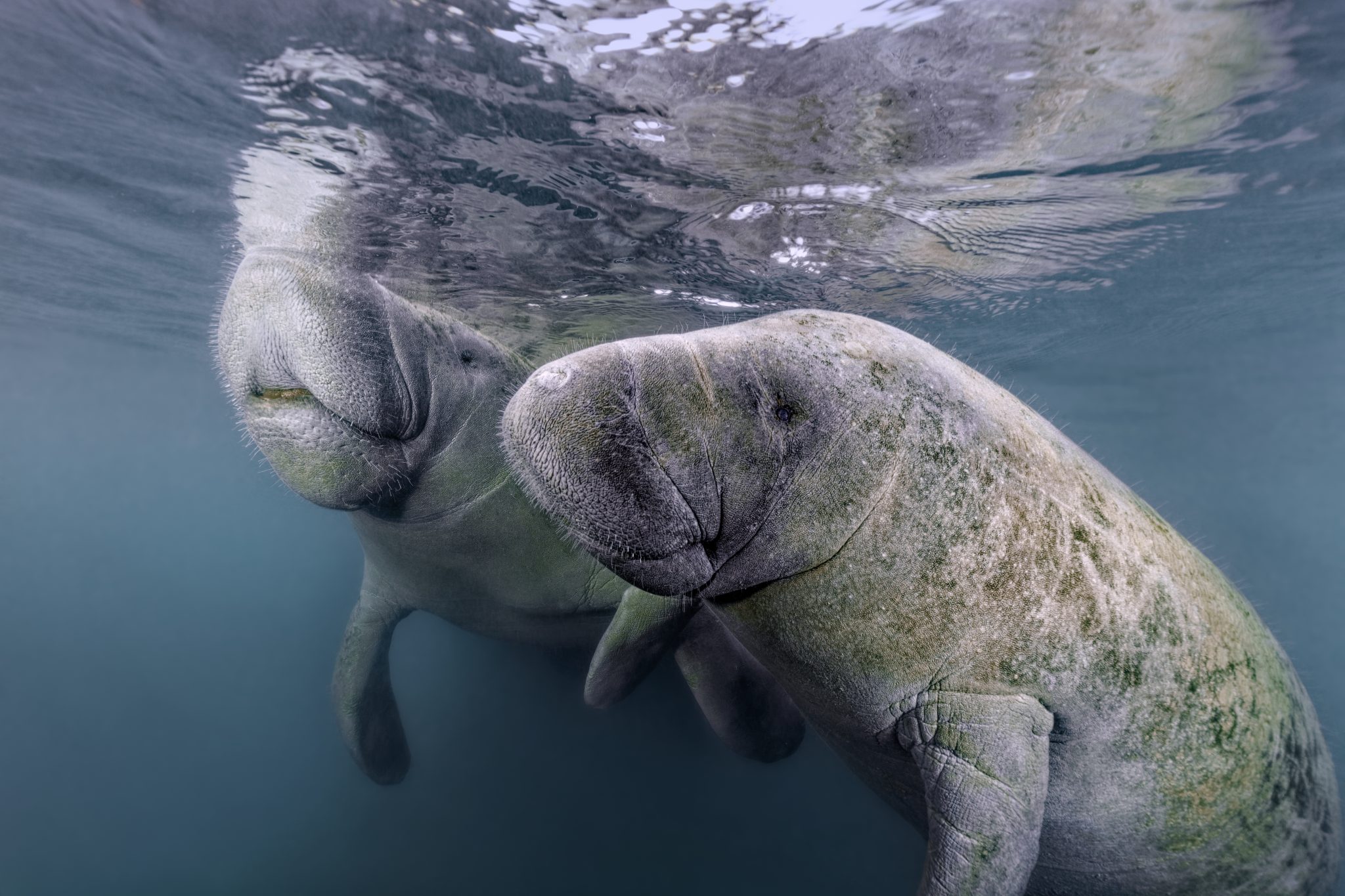
As National Safe Boating Week approaches, Save the Manatee® Club is urging boaters, and anyone that enjoys Florida’s waterways, to respect and protect the defenseless manatees that inhabit our shared waterways. From May 18 to 24, leading up to Memorial Day Weekend, the campaign aims to raise awareness about recreational boating safety and the importance of safeguarding imperiled manatees during the summer boating season. This week also emphasizes the importance of encouraging boaters to enroll in a boating safety course.
Manatees are semi-migratory marine mammals that are commonly found in shallow estuaries, bays, rivers, canals, and coastal areas throughout Florida and neighboring states. With some manatees venturing as far west as Texas and as far north as Massachusetts, collisions between these gentle giants and watercraft have become distressingly frequent. Boat propellers and high-speed collisions pose significant threats to manatees, often resulting in severe injuries or even death.
Save the Manatee Club is calling on all water enthusiasts to follow essential manatee safety tips to ensure the well-being of the imperiled manatee:
- Obey Speed Zone Signs: Familiarize yourself with and adhere to posted speed limits to prevent collisions with manatees.
- Reduce Glare with Polarized Sunglasses: Wear polarized sunglasses to enhance visibility and spot manatees below the water’s surface.
- Recognize Manatee Signs: Learn to identify signs of manatees in the area, such as swirls or flat spots on the water caused by their movements.
- Respect Manatee Sanctuaries: Keep a safe distance from posted manatee sanctuaries and avoid pursuing or harassing these marine mammals, as it is illegal and can disrupt their natural behaviors.
- Report Distressed Manatees: In Florida, promptly report distressed, injured, tagged, or orphaned manatees to the Florida Fish and Wildlife Conservation Commission (FWC) at 1-888-404-FWCC (3922). Outside of Florida, report sightings to the appropriate state agency or rescue organization. A list of agencies to contact is available at savethemanatee.org/report.
- Protect Seagrass Beds: Avoid boating over seagrass beds and shallow areas where manatees may be feeding. Stick to deep water channels while remaining vigilant, as manatees also utilize these channels during their travels.
- Dispose of Fishing Line Responsibly: Anglers should properly dispose of or recycle used fishing line to prevent entanglement hazards for manatees.
“Each year, National Safe Boating Week provides an excellent reminder for all of us to be aware that we share our waterways with vulnerable manatees,” emphasized Patrick Rose, Aquatic Biologist and Executive Director of Save the Manatee Club. “With the recent Unusual Mortality Event on Florida’s East Coast claiming an alarming number of manatees’ lives, it is more crucial than ever to prevent preventable deaths caused by watercraft collisions. By following manatee-safe boating guidelines, such as obeying speed zones and remaining vigilant for manatees, everyone on the water can contribute to the protection of these gentle giants.”
Save the Manatee Club offers a range of free materials to help safeguard manatees and raise awareness about manatee-safe boating practices. Shoreline property owners and park or marina managers can order aluminum dock signs to alert others about the presence of manatees in their areas. Boaters and paddlers can request packets containing a safety tips card, a waterproof boat banner, and a decal to display on their vessels, providing the number to report manatees in distress. To view and request these materials, visit savethemanatee.org/resources. Save the Manatee Club will also be hosting a live webinar for National Safe Boating Week on Tuesday, May 21st at 6pm EST. To register, visit savethemanatee.org/register.
Marine Life & Conservation Blogs
Book Review: Shells of the World
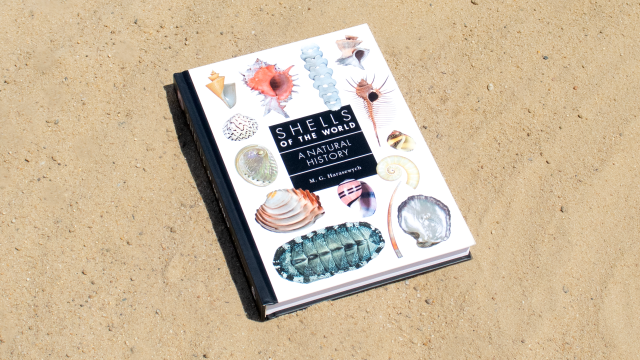
Shells of the World: A Natural History by M.G. Harasewych
Shells of the world is a guide to the world of marine, shelled molluscs. And what a varied and interesting world it is. Some of my favourite things to find on a dive are detailed in this book, including disco clams (or Electric File Clams as they are correctly names), the cephalopods, giant clams and sea hares. There are also many on my wish list, top of which is the Nautilus.
Each chapter provides a detailed description of the species, along with beautiful images. You can dive deeper and discover where they live, both with global distribution and the habitat they prefer. Learn about their diet, reproduction and diversity.
Having dipped in and out of this lovely book over the past few weeks, it has inspired me to learn more about this group of animals that we see on most divers, wherever we are in the world. Some of the shells are incredibly intricate and beautiful. I have always agreed with never collecting, or touching, marine life. The description of a certain set of cone shells should be a warning to those that are happy to pick up marine life! One of the cone shells has a local name called the cigarette snail. Why? Because once the venom is in your system from this animal, you only have time to smoke one cigarette before the affects of the venom are fatal!
What the publisher says:
Mollusks are invertebrate animals with a remarkable natural history and a rich fossil record, and their shells are prized for their breathtaking variety and exquisite beauty. Shells of the World provides a wide-ranging look at the incredible diversity of marine mollusks. An informative introduction outlines the lineages covered, followed by a directory section, split into classes, that profiles a broad selection of different taxa to give a sense of their sheer numbers and variety.
- Features hundreds of beautiful color photos, depicting both the live animals and their shells
- Discusses mollusk evolution, anatomy, life cycles, behavior, and ecology
- Describes unique characteristics, distribution, habitat, and size
- Provides valuable insights into the conservation of the world’s marine mollusks
- Ideal for malacologists and shell collectors everywhere
About the Author:
M. G. Harasewych is research zoologist emeritus and former curator in the Department of Invertebrate Zoology at the Smithsonian Institution’s National Museum of Natural History. A fellow of the American Association for the Advancement of Science, he is the author (with Fabio Moretzsohn) of The Book of Shells: A Life-Size Guide to Identifying and Classifying Six Hundred Seashells.
Book Details
Publisher: Princeton University Press
Hardcover
Price: £25
ISBN: 9780691248271
Published: 9th April, 2024
-

 Marine Life & Conservation Blogs3 months ago
Marine Life & Conservation Blogs3 months agoCreature Feature: Swell Sharks
-

 Gear Reviews4 weeks ago
Gear Reviews4 weeks agoGEAR REVIEW – Revolutionising Diving Comfort: The Sharkskin T2 Chillproof Suit
-

 Blogs2 months ago
Blogs2 months agoMurex Resorts: Passport to Paradise!
-

 Blogs3 months ago
Blogs3 months agoDiver Discovering Whale Skeletons Beneath Ice Judged World’s Best Underwater Photograph
-

 Gear Reviews3 months ago
Gear Reviews3 months agoGear Review: Oceanic+ Dive Housing for iPhone
-

 Marine Life & Conservation2 months ago
Marine Life & Conservation2 months agoSave the Manatee Club launches brand new webcams at Silver Springs State Park, Florida
-
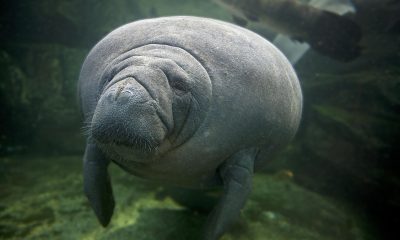
 Blogs2 months ago
Blogs2 months agoSeagrass Awareness Month brings critical food source for Manatees to centre stage
-
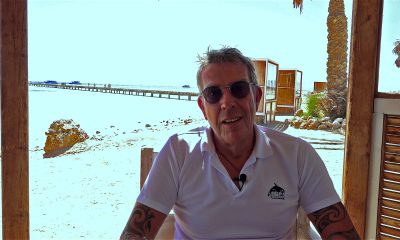
 Blogs1 month ago
Blogs1 month agoSOMABAY: Scubaverse interviews Wolfgang Clausen, General Manager, ORCA Dive Clubs



